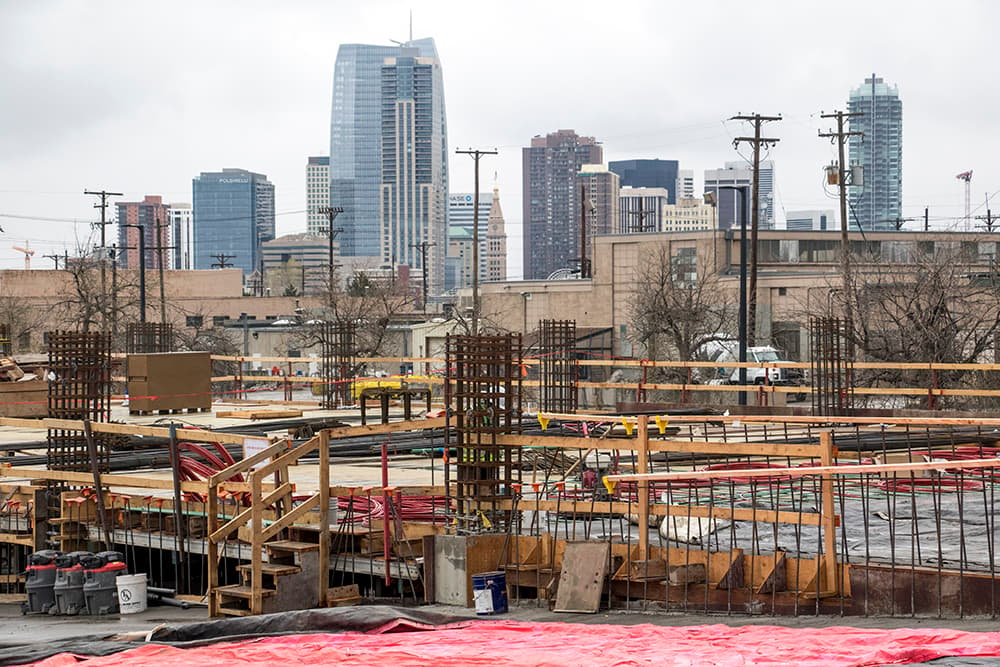Following nearly a decade of growth, Westminster decided to hit pause on further development.
Westminster City Council on Monday approved a one-year moratorium on new development for a large chunk of the city’s area while it addresses increased demands on its sewage infrastructure.
It’s a move officials said will give them time to figure out the potential impacts of new development on the Big Dry Creek basin and to continue scheduled improvements to the basin.
Westminster City Manager Donald Tripp said about two-thirds of the city will be affected by the moratorium, which won’t accept new applications for the general area north of 92nd Avenue in the city. The actions are a response to what Tripp said has been “extremely fast” growth in Westminster following the 2008 recession. He said the move sends a message to developers and residents about the city’s sewer capacity, which has been under increasing stress over the past decade.
“I would call it not unusual in this economic climate,” Tripp said. “What’s happening here is a consequence of prosperity.”
There’s no immediate indication that this will become the norm for similarly sized cities across the region. Westminster is among the largest cities in the metro area, with more than 110,000 residents.
In development terms, comparing Westminster to Denver is basically apples and oranges (there's a lot of development in Denver right now). And sure enough, Denver Public Works public information specialist Heather Burke said the department doesn’t have any concerns about lacking the capacity to support further development.
“Overall, Denver’s sewers are capable of handling future development,” she said.
The Denver City Council in March did pass a temporary moratorium, but it was targeting the much-maligned slot homes. The city is no longer accepting applications for those residential structures.
Next door in Aurora, Greg Baker, manager of public relations at Aurora Water, said the city's wastewater is treated by the Metro Wastewater Reclamation District, which serves a few cities and maintains two sewage treatment facilities (including a new $417 million facility that opened last year). According to Denver Water's website, Metro Wastewater Reclamation District provides secondary treatment for Denver's sewage
By city council policy, Baker said, Aurora is ready with supplies and plans in place "to serve an additional 50,000 new residents."
"Aurora residents have embraced a conservation ethic over the past 15 years, and we are currently treating about the same amount drinking water today that we did in 2000, yet our population has increased by almost 90,000 in that same time period," Baker said in an email.
A decision about any such moratoriums in nearby Lakewood would need to be taken up by special districts, those mini-governments that also exist in some Denver neighborhoods.
Lakewood city spokeswoman Stacie Oulton said in an email that sewer services for the vast majority of residents there are provided by special districts. She added that the city council there hasn’t considered any moratoriums in the last several years and doesn’t currently have one under consideration.
“Any decisions about moratoriums based on sewer services or needs would be made individually by the more than 20 special districts serving Lakewood residents,” she said in the email.













